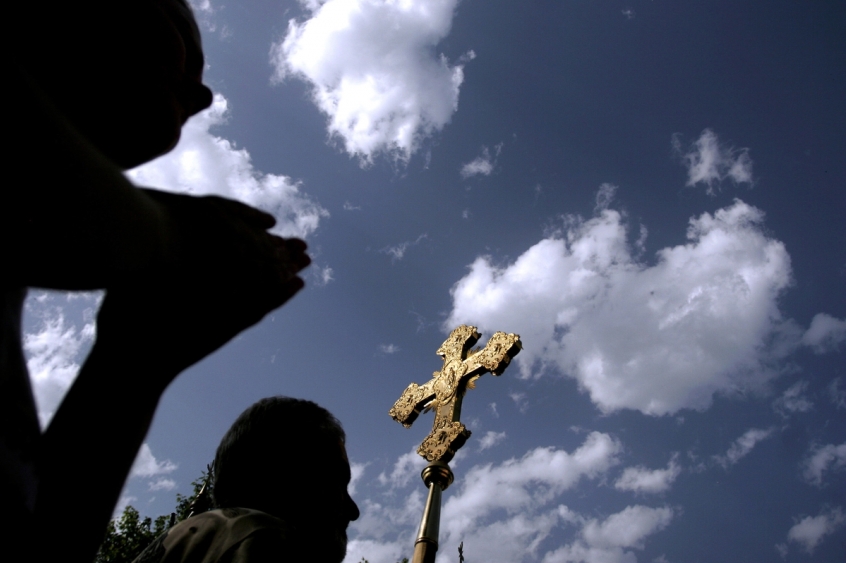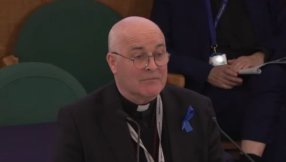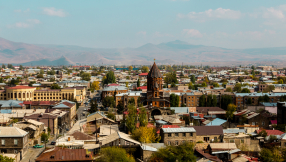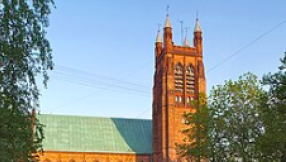Holy Week describes the days leading up to Easter, the most important event in the Christian calendar.
During it Christians remember the last days of Jesus' life as he entered Jerusalem and ate the last supper with his disciples before being arrested, beaten and executed. The week culminates with a joyous celebration for Easter Sunday, marking Jesus' rise from the dead.

Here are the significant moments of the week and what Christians do the celebrate them:
Palm Sunday:
Also known as Passion Sunday, this marks Jesus' triumphant entry into Jerusalem. As one of the few events described in all four Gospels, services normally include a reading focusing on the crowd's celebration and laying palm leaves down for Jesus' donkey to ride over.
Holy Monday to Wednesday:
The days between Sunday and Thursday are known as Holy Monday, Holy Tuesday and Holy Wednesday. What happened on these days is disputed and they are not generally widely celebrated.
Maundy Thursday:
The day before Jesus' crucifixion is marked by the Last Supper where Jesus lays out the model for Holy Communion. It is here that Jesus predicts his double betrayal by both Judas and Peter and also his own death and resurrection.
As well as celebrating Eucharist many churches also mark the occasion through the corporate washing of feet, remembering how Jesus washed the disciples feet before their final meal together.
Good Friday:
The day of Jesus death is solemn and mournful in the Christian calendar with many churches fasting on this day.
Sometimes renactments take place with a cross being carried through public places marking Jesus' journey from Jerusalem to Golgotha where he was executed.
The day often ends with a quiet service in the evening, around the time when Jesus is believed to have died.
Easter Saturday:
The day between Jesus' crucifixion and resurrection was the Jewish Sabbath day. The gospels note how the body had to be buried before sundown on Friday to avoid the day of rest.
Easter Sunday:
The final day of Holy Week is a time of huge celebration and festivities for Christians. It marks Jesus' rising from the dead and the ultimate end of death.
The day is the focal point in the Christian year and marks the central belief of Christianity – that God came to earth in human form, was crucified, died and was buried but on the third day rose again, defeating Satan and death.













